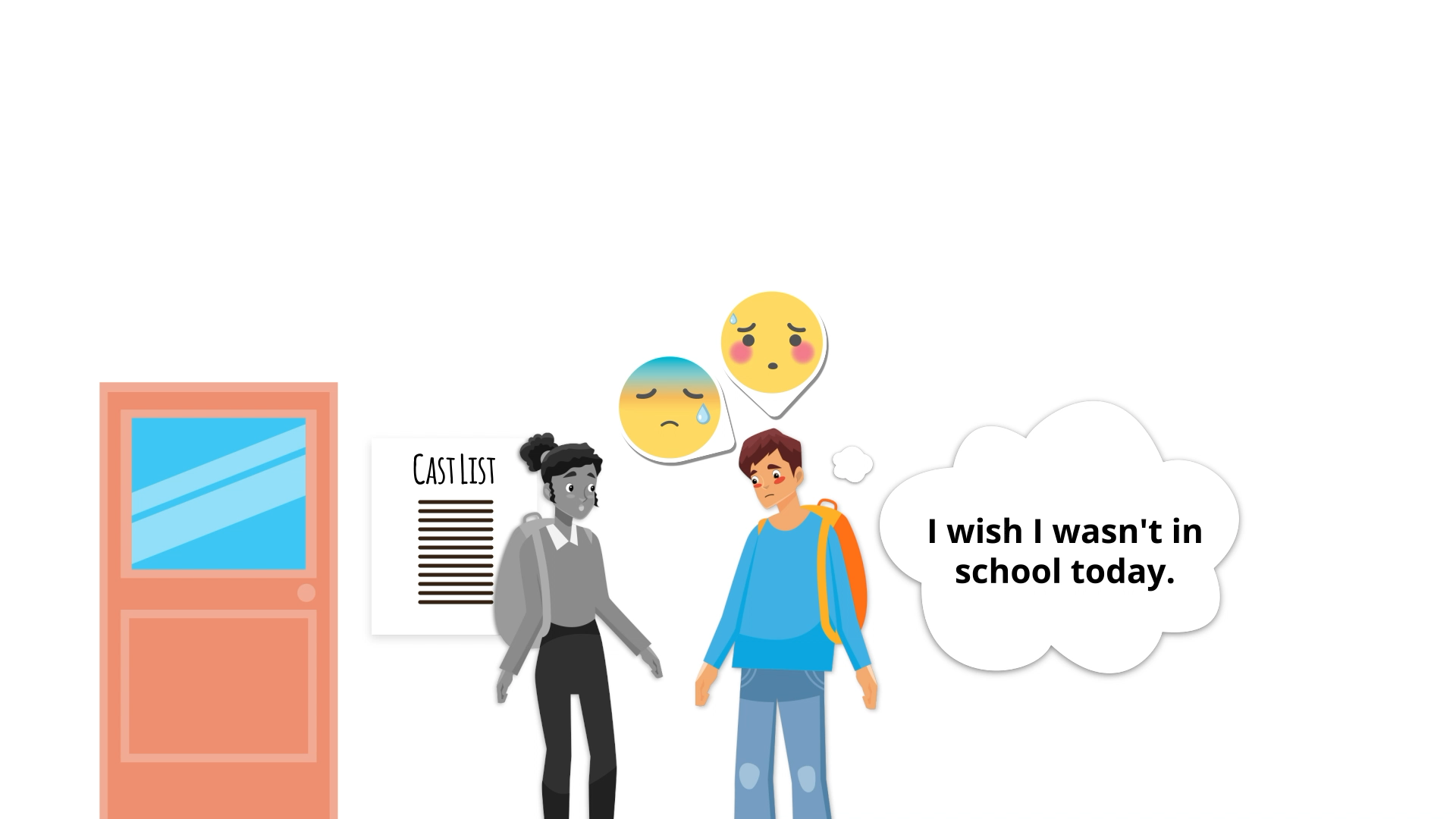
Introduction
Rejection is a natural part of human life, experienced by everyone at different times and in various forms. As educators, it’s important to teach high school students how to handle rejection, whether it’s small, medium, or big. Social-Emotional Learning (SEL) principles can help students develop resilience, maintain healthy relationships, and navigate the complexities of their emotional lives.
No-Prep Activity: Role-Play Scenarios
This activity requires no preparation or materials from the educator. Divide the class into small groups and assign each group a scenario that involves rejection. The scenarios can include situations like not being invited to a party, experiencing a breakup, or not making a sports team. Each group will then role-play their assigned scenario and discuss the appropriate ways to handle the rejection, considering the level of rejection (small, medium, or big) and the appropriate emotional responses.
Discussion Questions
- How do small, medium, and big rejections differ from each other? Can you think of examples of each type from your own life?
- What strategies can you use to cope with rejection? How can you support your friends when they experience rejection?
- Why is it important to stay calm and composed in public when facing rejection? How can you manage your emotions in these situations?
- How can experiencing rejection help us grow and learn? Can you think of a time when you became stronger or more resilient after facing rejection?
- What role do educators play in helping students deal with rejection? How can schools create a supportive environment for students facing rejection?
Related Skills
Teaching students how to handle rejection is just one aspect of Social-Emotional Learning. Other relevant skills for students to develop include:
- Empathy: Understanding and sharing the feelings of others, which can help students support their peers during difficult times.
- Self-awareness: Recognizing one’s own emotions and understanding how they influence behavior, which can help students manage their reactions to rejection.
- Conflict resolution: Learning to navigate and resolve conflicts in a healthy and constructive manner, which can help students maintain positive relationships despite experiencing rejection.
- Resilience: Developing the ability to bounce back from challenges and adversity, which can help students overcome feelings of rejection and continue to pursue their goals.
Next Steps
As an educator, you play a crucial role in helping students develop the skills they need to navigate the challenges of rejection. To further support your students and enhance your SEL toolbox, we encourage you to sign up for free samples of skill-building materials at Everyday Speech. These resources will provide you with additional strategies and activities to help your high school students overcome rejection and build a strong foundation for their social-emotional well-being.

